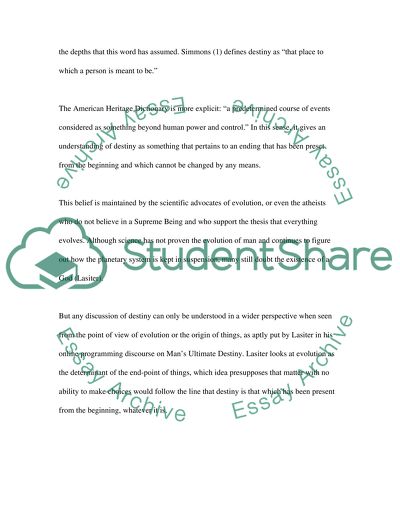Cite this document
(“Destiny After Brokenness Term Paper Example | Topics and Well Written Essays - 2000 words”, n.d.)
Retrieved from https://studentshare.org/philosophy/1580506-destiny-after-brokenness
Retrieved from https://studentshare.org/philosophy/1580506-destiny-after-brokenness
(Destiny After Brokenness Term Paper Example | Topics and Well Written Essays - 2000 Words)
https://studentshare.org/philosophy/1580506-destiny-after-brokenness.
https://studentshare.org/philosophy/1580506-destiny-after-brokenness.
“Destiny After Brokenness Term Paper Example | Topics and Well Written Essays - 2000 Words”, n.d. https://studentshare.org/philosophy/1580506-destiny-after-brokenness.


